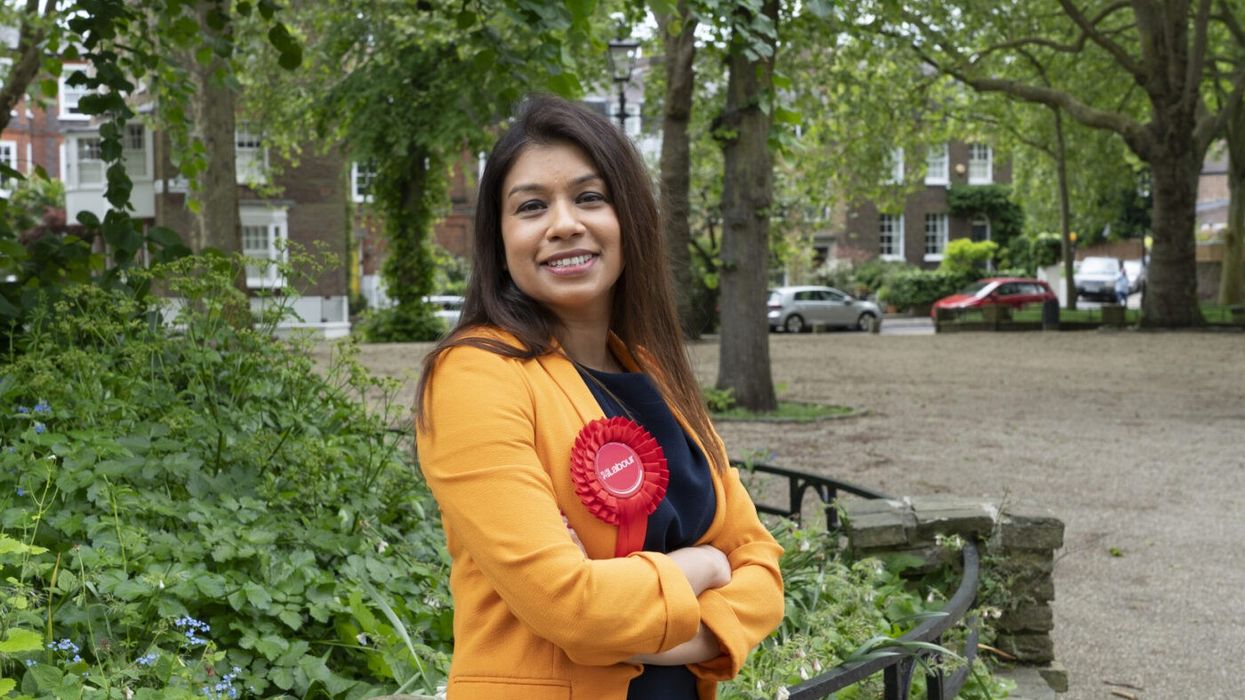BRITISH MP Tulip Siddiq, niece of Bangladesh’s ousted prime minister Sheikh Hasina, has branded an ongoing corruption trial in Dhaka as a “farce” built on “fabricated accusations and driven by a clear political vendetta”.
Siddiq, who represents Hampstead and Highgate for the governing Labour party, resigned as a minister earlier this year after allegations against her family surfaced.
Bangladesh’s Anti-Corruption Commission (ACC) alleges she obtained a 7,200 sq ft plot in a diplomatic zone through “abuse of power and influence”.
In a statement on social media, Siddiq said: “The so-called trial now underway in Dhaka is nothing more than a farce. The allegations have repeatedly shifted, yet I have never been contacted by the Bangladeshi authorities, received a court summons, any official communication, or evidence.”
The former UK government anti-corruption minister said if the proceedings, which began in Bangladesh on Wednesday (13), were a genuine legal process, the authorities would have engaged with her or her legal team and presented their alleged evidence.
“Instead, they have peddled false and vexatious allegations that have been briefed to the media but never formally put to me by investigators. Even my offer to meet Bangladesh’s chief adviser, Muhammad Yunus, during his recent visit to London was refused,” said Siddiq.
“Such conduct is wholly incompatible with the principles of a fair trial that we uphold in the UK. I have been clear from the outset that I have done nothing wrong and will respond to any credible evidence that is presented to me. Continuing to smear my name to score political points is both baseless and damaging."
In her resignation letter to prime minister Keir Starmer back in January, she pointed out that his Independent Adviser on Ministers’ Interests had not found her in breach of the UK’s Ministerial Code and asserted that she had not “acted improperly”.
“This conduct is wholly incompatible with the principles of a fair trial we uphold in the UK. I have done nothing wrong and will respond to any credible evidence. Continuing to smear my name to score political points is baseless and damaging,” she alleged.
Siddiq, 42, is the daughter of Sheikh Hasina’s sister Sheikh Rehana and among several family members indicted in the case, which began this week. She maintains the charges are politically motivated.
(PTI)





